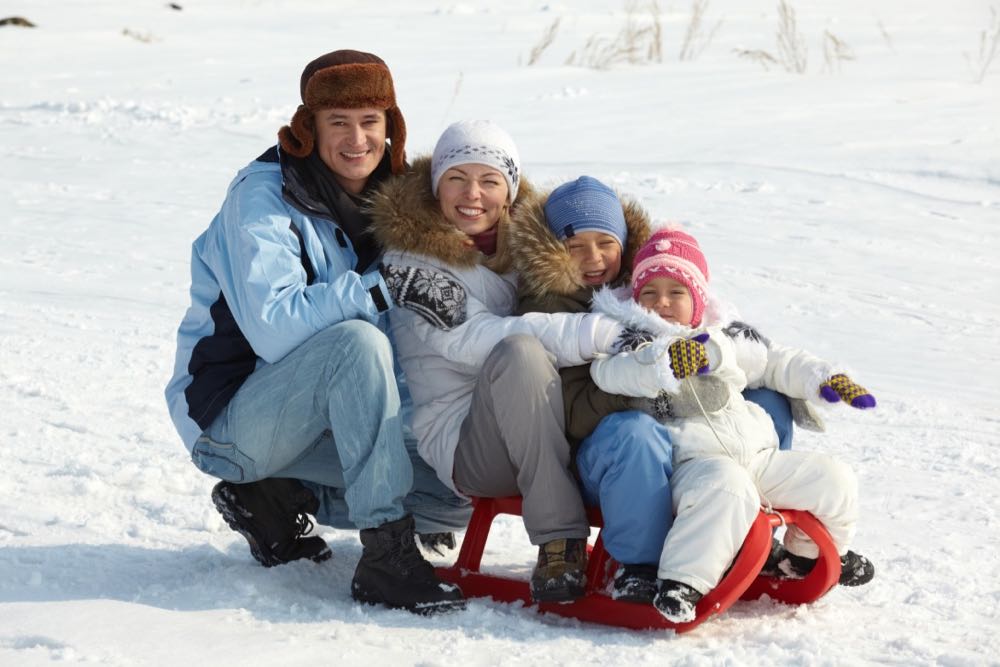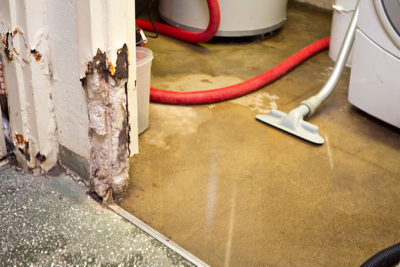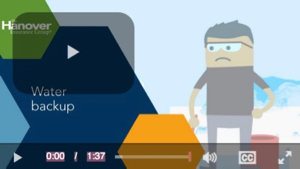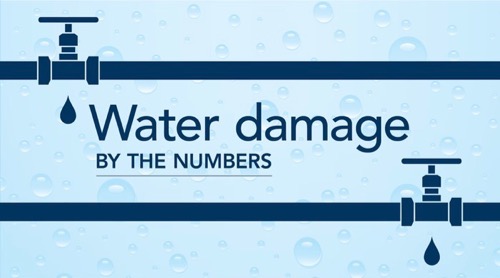
Finally, the first snow of the season! Lallis & Higgins Insurance wants to share with you some of the "best" sledding hills around Boston. Here are sledding spots we think are worth driving to.
Flagstaff Hill—Boston
Situated in Boston Common, near the Soldiers and Sailors Monument and parallel to Charles Street, Flagstaff Hill might be Boston's most iconic sledding spot. The slope is long, even, and wide, so even though it gets crowded, there's ample room for kids to fit in some decent runs. Make a winter-fun day of it and hit Frog Pond rink to take a twirl and warm up with some hot chocolate.
Larz Anderson Park—Brookline
This hilly park is tailor-made for sledding, with lots of real estate—64 acres!—on various sides of the park for staking out a route. Like Flagstaff, the hilly area abuts a public ice rink, so families can get some skating in before or after sledding time.
President's Lawn, Tufts University—Medford
Local families share this hill with Tufts students, who congregate here for sledding (with the school's blessing). Hit the hill in the morning for the least-crowded conditions (co-eds are still sleeping), and be aware that's it's pretty steep, so maybe not the best for tots.
Danehy Park—Cambridge
Stigma aside, you gotta appreciate how much covered-over landfills, like this one at Danehy Park, make for primo sledding. It's one of the highest spots in Cambridge and uber conveniently located near Fresh Pond and its many walking paths.
Millennium Park—West Roxbury
Another landfill, another super sledding spot: This oft-overlooked park bordering West Roxbury (and technically in Boston) is huge, and never too crowded, making it a perfect winter escape.
Seven Bump Hill—Malden
Nestled behind Fellsmere Pond in West Malden, Seven Bumps is one of the most traditional and beloved sledding spots in the area. Your kids can see if they can see the seven bumps that the spots is named after; regardless, there's plenty of hilly terrain to explore.
Arnold Arboretum—Jamaica Pond
The Arboretum graciously allows sledding on its property, and you'll enjoy gorgeous views of the meticulous maintained property while sledding. Peter's Hill is the best spot to be able to enjoy the lovely trees without running into them, as it's the most wide-open slope (and the most popular).
Sugar Bowl—Jamaica Pond
Inverted bowls like this are extra safe for little ones, but add a sledding challenge for bigs—kids try their best to slide down with enough speed to coast a decent way up the opposite side.
Needham High School—Needham
The giant, wide hill aside the football field is where students congregate during games; and where kids from three towns in either direction gather when flakes start to fall. Big kids concoct jumps toward the center of the hill; smaller children are better off sticking to the edges of this bustling slope. After, grab donuts and a hot drink at Dunkin's across the street.
Spy Pond Park—Arlington
This big pretty park is best known for its skating pond, but skirt the edges for some nifty sledding runs.
Clay Pit Pond—Belmont
The surrounding park near Belmont High isn't big, but sloping down from Concord Avenue toward the pond is a perfectly pitched sledding hill that those in-the-know flock to at snowfall.
Prospect Hill Park—Waltham
A big trek up pays off with gorgeous views of Waltham, Watertown and the city from the cliff-like hilltop of this park. Runs are long, thrilling, and fulfilling.
Source: mommypoppins.com













